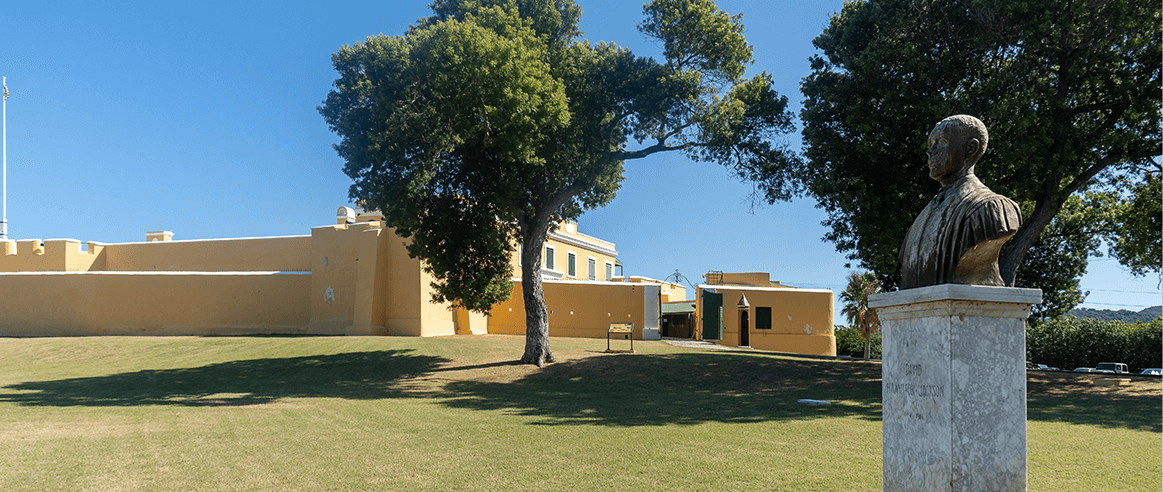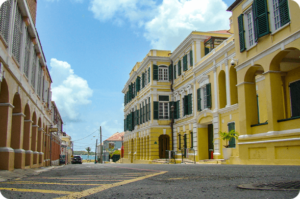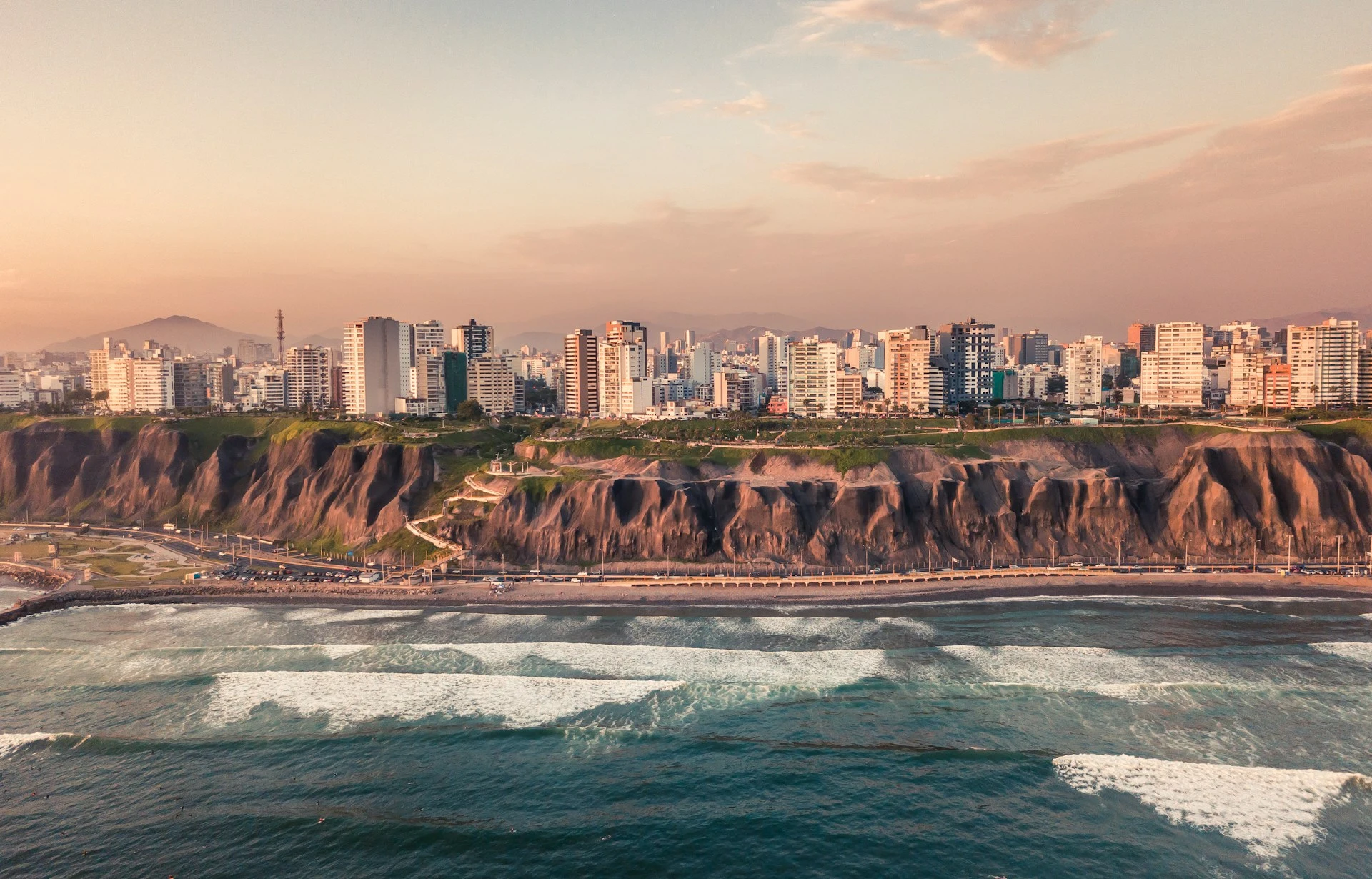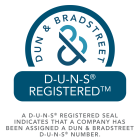Written by Jaden Parker
David Hamilton Jackson was the voice for the voiceless on the island of St. Croix. He was a labor activist and advocate for free press. On November 1st, the Virgin Islands celebrate him through the eating of beef and bread (more on that in a moment) on a holiday known as Liberty Day. You may have also heard of it being called David Hamilton Jackson Day, and here’s why.
Born in 1884 and raised on St. Croix, David Hamilton Jackson was born to two loving parents. His mother was a teacher, while his father was a principal; both worked at the East Hill School he attended. According to the 1911 census, he followed in his mother’s footsteps and became an educator. However, because of his open criticism of the Catholic church while trying to advocate for the lives of his fellow community members, he was dismissed from his teaching position. This dismissal pushed him onto a journey that would end up benefiting his people more than anyone could have guessed.
In 1913, Jackson co-founded the first trade union in the West Indies. It challenged the plantation economy that continued after the abolishment of slavery in 1848. He led a strike for a month against plantation owners who wouldn’t raise their wages. It resulted in a reduction of workday hours with a pay increase from 10 or 20 cents to 35 cents a day, and it inspired dock workers on St. Thomas to demand the same rights. The following year, he was working as a clerk. He was dismissed yet again from this position for calling for the removal of Governor Helweg-Larsen.
He traveled to Denmark in 1915 to advocate for a repeal of the 1779 ordinance that blocked publication of non-government newspapers. With success in hand, he returned home and started the first free press publication on St. Croix, “The Herald.” He vowed in the first issue that the Herald would be “a paper for the people…that would promote and defend the darker race from attacks from the papers, journals, and journalists opposed to their progress toward their heritage.” He decided to gather people for a celebration of his first edition.
West End News described him and the event as an incitation of the people, claiming he’d told people to not go to work that day. However, The Herald’s announcement from that time says that a celebration would begin at 2 p.m. until the late evening. It also emphasized to be orderly and “avoid the rum shops.” This was just one of many moments where The Herald was able to combat misinformation; and because it was on paper, it would be proof for generations to come of what treatment had come before. On the 1st of November, a bull was slaughtered, hence the reason some people call it the “Bull and Bread Day.”
The United States got control of the islands from Denmark in 1917. Jackson advocated for United States citizenship for the islanders. During that time, he studied law at Howard University. He served in St. Croix as an attorney, councilman, and judge before he died in 1946. It was commonly known that he frequently provided free legal services to his people. He was the first Chairman of the St. Croix School Board, and his nickname was “Black Moses,” for he helped his people escape a life of enslavement. Thirty-five years after Jackson’s death, an act was passed designating November 1st as an official public holiday in his name. This was followed by an act passing in 2015 making November his month.
David Hamilton Jackson was a major influence on the growth of St. Croix’s black community. In honor of him, the Virgin Islands celebrate him with beef and bread and a multitude of festivities. Although he died decades ago, his legacy continues to live on in the generations of free islanders.










